Contrary to expectations, the recent emphasis on environmental and communitarian rights (as in wasteland and watershed development in South Asia) has reinforced existing gender biases and created new inequities. This significant volume critically examines the complex and many-layered process of mainstreaming gender in natural resource management. The contributors build a richly textured ‘genderscape’ of community resource rights in varied contexts; unravel the gender barriers in traditional practices, community institutions and modern systems of governance; document diverse approaches to livelihood; and present a strong case for gender equity in sustainable resource management. The editor’s overview provides a historical perspective on core issues and introduces the novel concept of ‘genderscape’. The 18 essays that follow are grouped in four parts: Part I examines participatory methodologies from a grass-roots viewpoint. Part II discusses women’s natural resource knowledge, their strengths in adverse circumstances, and their struggles for mobility, land and resources. Part III unravels the nexus between traditional community institutions and the modern state, which reinforces patriarchy and erodes women’s rights to property and political decision making. The last part reflects on the researcher’s own education by resource-poor women and the fragility of women’s hard-won empowerment. The afterword highlights the need to bridge traditional and modern knowledge systems and to promote collective gender rights. This pioneering volume combines unique livelihood interventions, rigorous field-based research, analyses and activism across rural and tribal South Asia. Its large geographical spread covers a spectrum of ecological conditions and livelihood resources from the mountains to the seas, including land, water, ponds, crops, minerals, forests, mangroves, animals, fish, and biodiversity. With its nuanced insights into theory and methodology, readability and comprehensive coverage, this book will attract a wide readership among students and scholars of natural resource management, rural development, gender studies, environmental studies, conservation, social ecology, social anthropology and politics. It will also be valuable for NGOs, policy makers and practitioners in the area of resource management.
Feminists and Science: Critiques and Changing Perspectives in India
Feminists and Science, ...
$54.00
$60.00

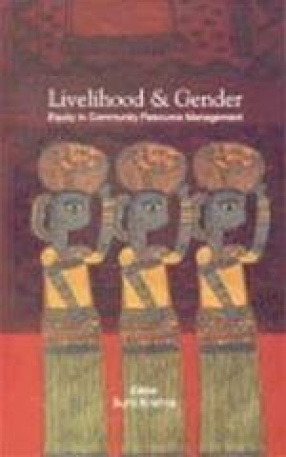
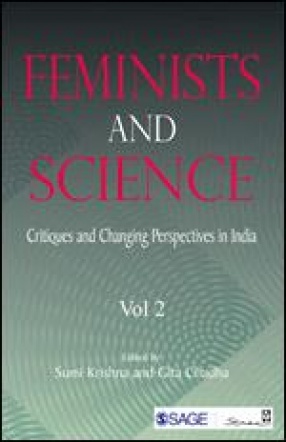

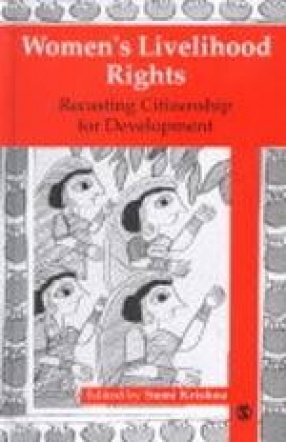
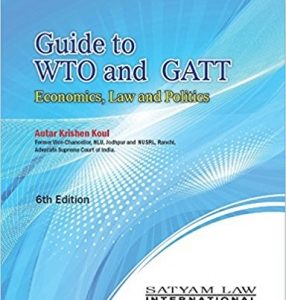
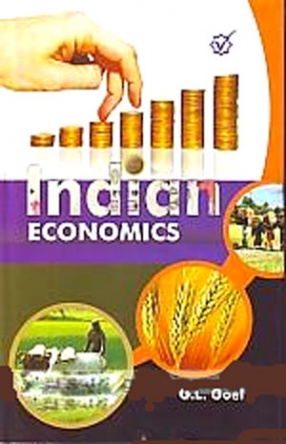
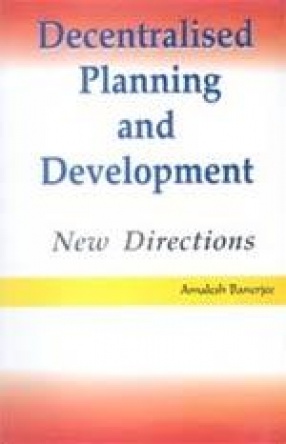
There are no reviews yet.